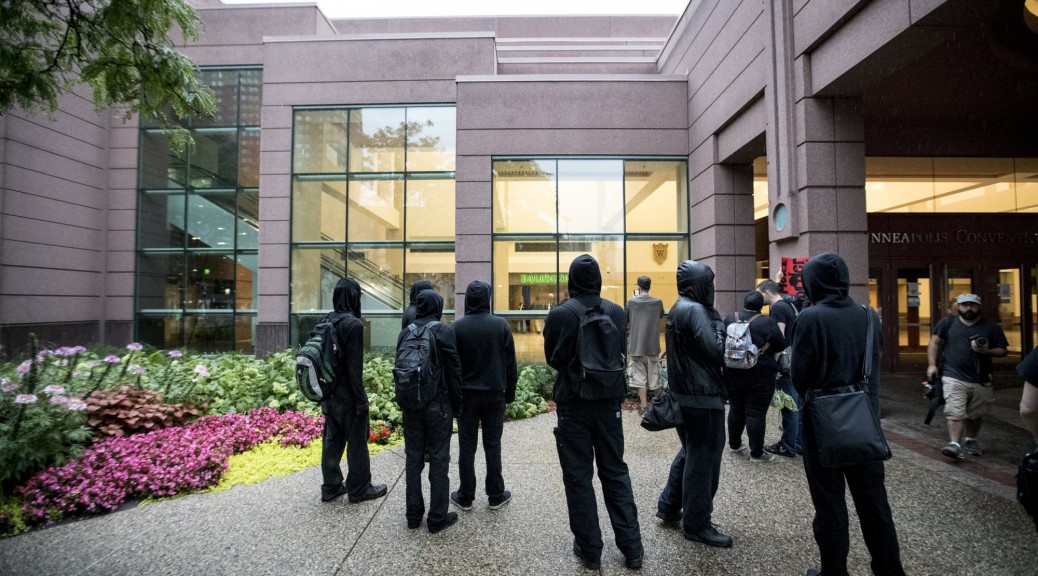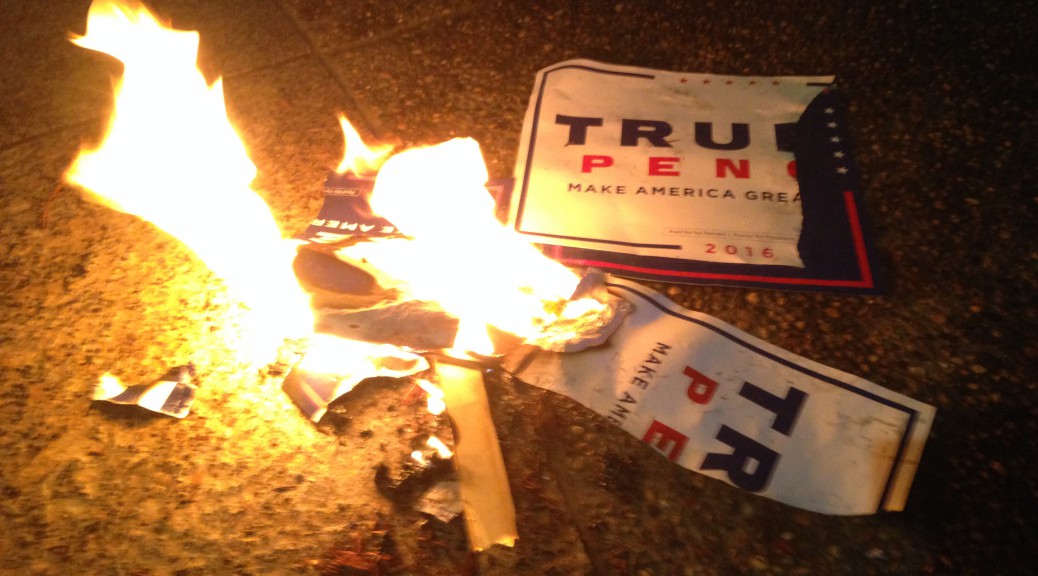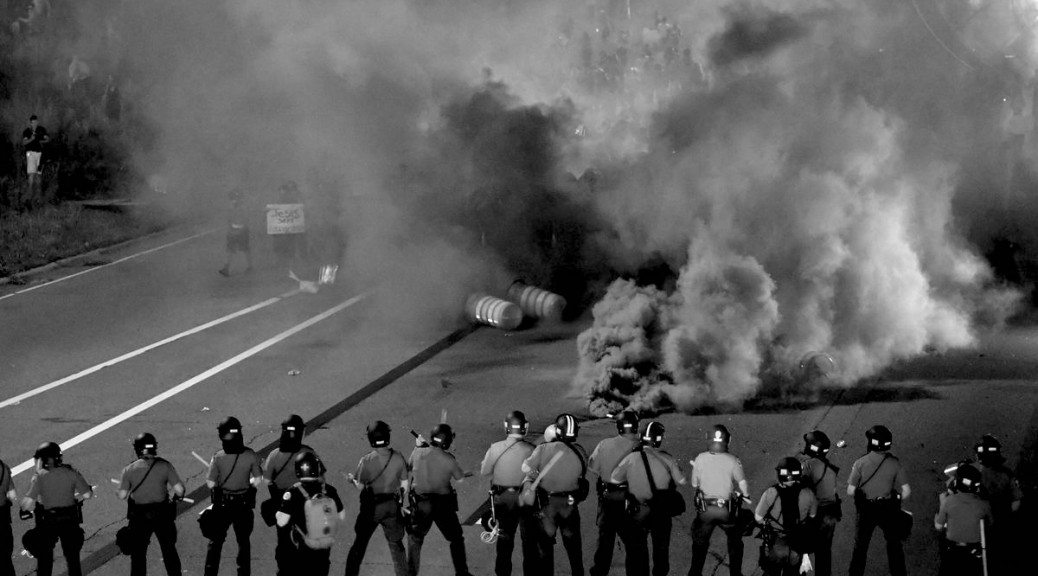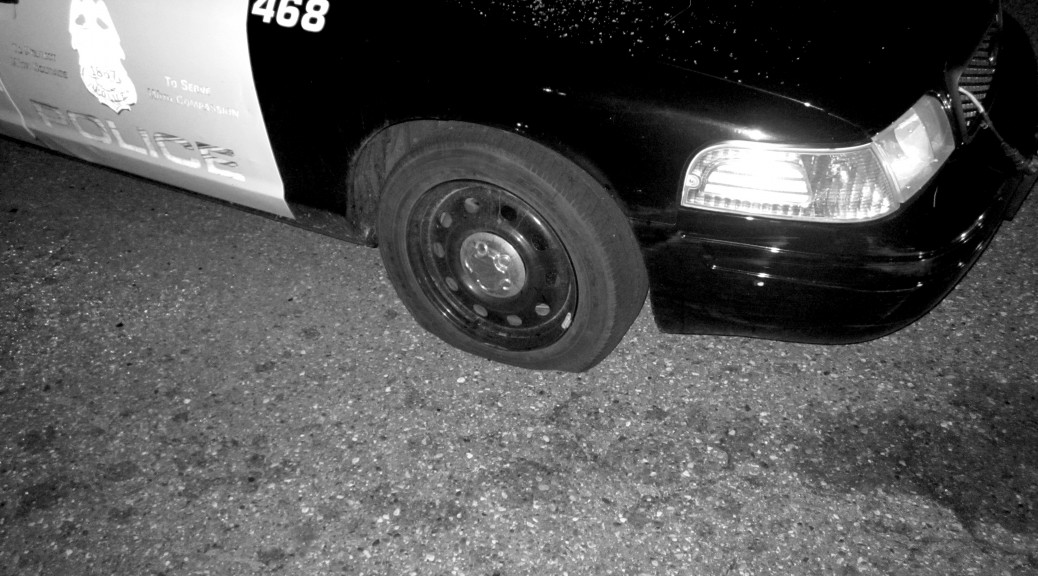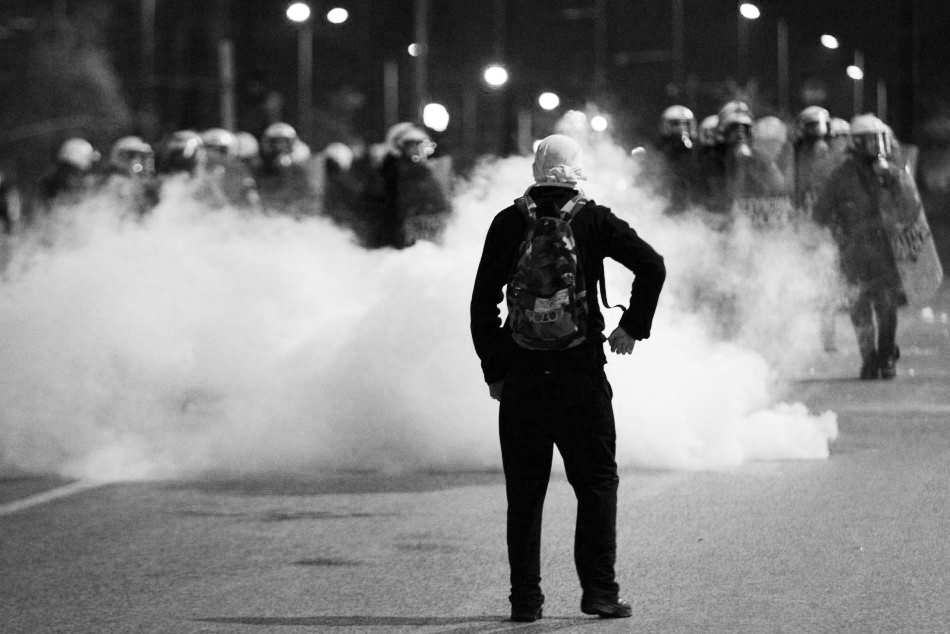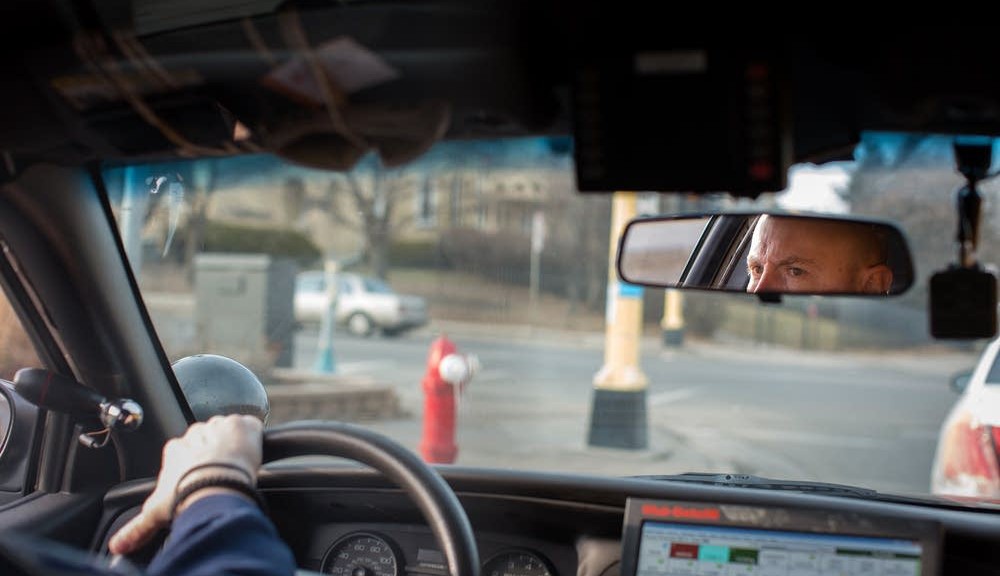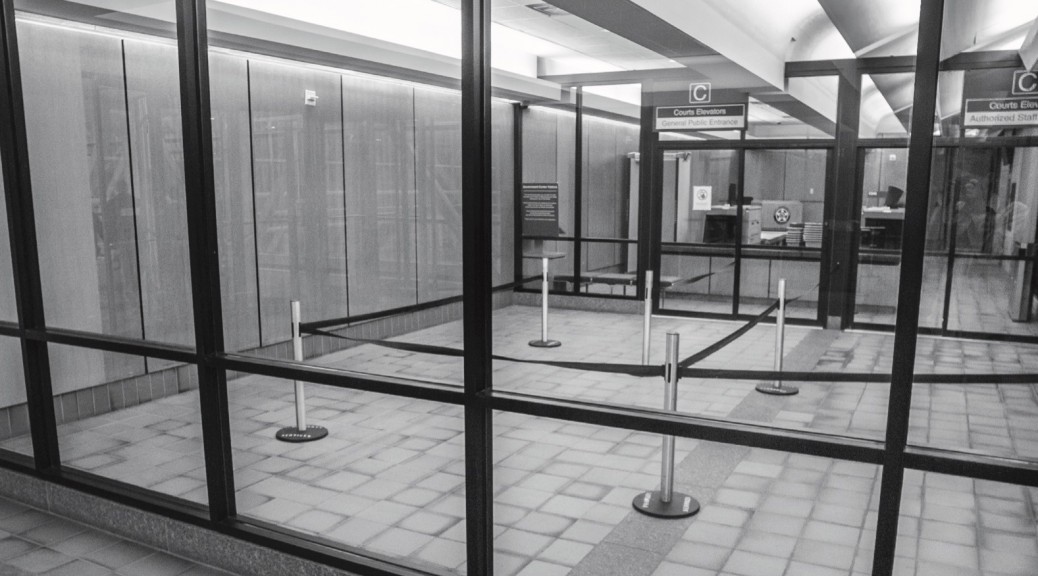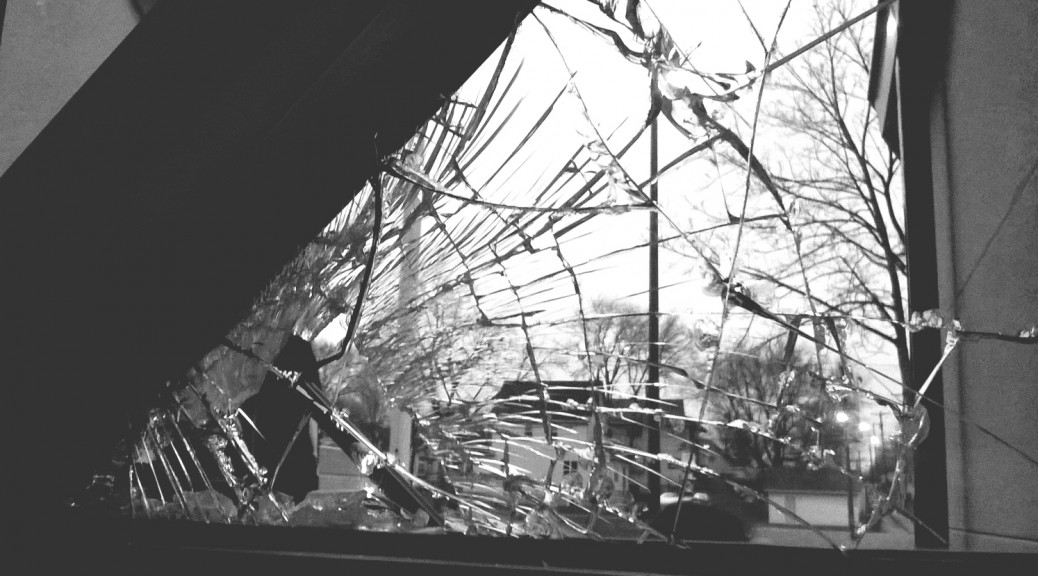The events of the July 9th highway shutdown were inspiring, to say the least. Those who struck back against the police state inflicted significant financial damages on the city of St. Paul and the businesses that rely on I-94, as well as injuring 21 cops. Headlines the next day juxtaposed this number with the 102 arrests made that night to imply that the violence directed against the police did not go unpunished. However, the vast majority of those arrests were either negotiated surrenders by pacifists among the highway blockaders or misdemeanor citations issued hours after the shutdown was over. As it stands now only one person is facing felony charges stemming from the shutdown. The fact that there were many more who fought back that night and got away with it shows that it is possible to put the police on the defensive without resorting to suicidal lone wolf attacks such as the recent ones in Dallas and Baton Rouge. However, one person facing felony charges is still one too many, and that number could easily have been higher had the police been only marginally more prepared. Many people engaged in a variety of risky activities without taking basic precautions to conceal their identity. While the police were temporarily driven out of the streets surrounding the highway there were still cameras present, as well as pacifist enforcers eager to impose their own tactics upon those with differing ideas of how best to oppose the police. Nekima Levy-Pounds, the influential leader of NAACP-Minneapolis, stated in a speech at the Governor’s Mansion following the shutdown that “I ain’t no snitch, but if I see you smashing things I’m running to the 5-0.” With this in mind we offer the following reflections and fashion tips for today’s security-minded rebel.
HOW
The first order of business is to cover your face. A bandana will work, but a t-shirt is better. Simply put it around your head as if you were putting it on, tie the sleeves together behind your head and pull it up to just below your eyes, covering as much as possible. Combine with a hoodie and/or stocking cap to completely cover your face. Another important point is that the more similarly-dressed people there are, the harder it tends to be for police to get charges to stick to any one of them. For this reason black is the preferred color for masks and protest-wear in general, as it is one of the most common clothing colors and it makes us look fabulous. Beyond the mask it is best to stick with plain clothes that can’t be easily tied to your everyday style, such as a simple hoodie and jeans combo. If something could be used to identify you, cover it up or leave it at home. That means tattoos, hair, shoes, bags and other distinctive accessories. Glasses are not ideal but you definitely do not want to have contacts in if the cops bring out pepper spray or tear gas, so wear them if you need them and ditch them if you can manage.
In addition to having your all-black ensemble ready to go, you will generally want to wear something inconspicuous when entering and exiting areas of conflict. Avoid changing in sight of cops, cameras and people you don’t know or trust. A change of clothes is also crucial in case the cops start shooting marker rounds, little pellets that hurt like hell and leave a colored stain wherever they hit. If you are tagged by one of these, ditch the marked clothes as soon as possible, as police use marker rounds in situations where they have lost control, tagging individuals to send snatch squads after once control has been reimposed. In fact, much of the state’s case against the person facing felony charges from the night of the 9th appears to rest on the fact that when they were picked up they were allegedly sporting a tag from a round fired earlier in the night. It might suck to ditch your favorite pair of jeans, but a new pair will be cheaper than a court case.
WHY
There are many reasons you might choose to maintain anonymity at protests and other moments of rupture, the most obvious being that many effective methods of resisting the brutalities of this world, from white supremacy to patriarchy to the destruction of the earth, fall outside the boundaries of acceptable protest as defined by cops, politicians and respectable citizens. Actions such as defending oneself from the police, attacking the assets of white supremacist collaborators such as the private prison-funding Wells Fargo and expropriating the physical manifestations of the life stolen from us at work (aka looting) all carry with them the possibility of repression and are therefore best done as anonymously as possible. However, there are many other reasons you might choose to mask up. Even if, for whatever reason, you do not personally engage in confrontational actions masking up can respect and protect the autonomy of those who do. As we said before, the more masked people there are the safer are those who are most likely to be targeted by the police. Or maybe you don’t come to the protest expecting to engage in any risky behavior but are overtaken by the course of events, as happens in unpredictable situations. If you see a cop trying to drag one of your friends away and have the opportunity to snatch them back, you will be happy you masked up. And beyond your feelings on whether or not outright confrontation with the cops is tactically sound in our current moment, the long history of state repression in this country demonstrates pretty conclusively that the state will mobilize all of its power to crush any movement, peaceful or not, that poses a real threat to its hegemony. You can be sure that the police were filming the night of the 9th, in addition to monitoring the feeds of those livestreaming; those who did not have their faces covered are now that much more likely to have attention paid to them in the future.
A word or two should also be said about white supremacists. Much has been made of the fact that the white supremacists who shot five protestors outside the 4th Precinct in Minneapolis last year were wearing masks. Respectability-obsessed activists have manipulated people’s legitimate concerns about another white supremacist attack to pressure anyone wearing a mask, regardless of their political position or their perceived race, into removing it, thus consolidating their control over spaces of potential rupture. What has been completely overlooked in the discussion of this incident is the fact that in addition to wearing masks the white supremacists were filming everyone at the camp. These creeps have shown a pattern of harassment against known anti-racists both online and in real life, as evidenced by the death threats received by the individual who originally sounded the alarm that white supremacists were using 4chan to plan an assault on the occupation. They used their camera as a weapon much like the gun they would shoot soon after. Clearly this is a conversation that should be happening before we are on the streets confronting the police and the racists, but in our opinion the existence of white supremacists is another reason to wear a mask, not a reason to expose yourself. Perhaps in this sense these white supremacists were being more realistic than our side; they recognized that this is a conflict between two irreconcilable forms of life and took steps to protect themselves accordingly. It’s time we do the same.

